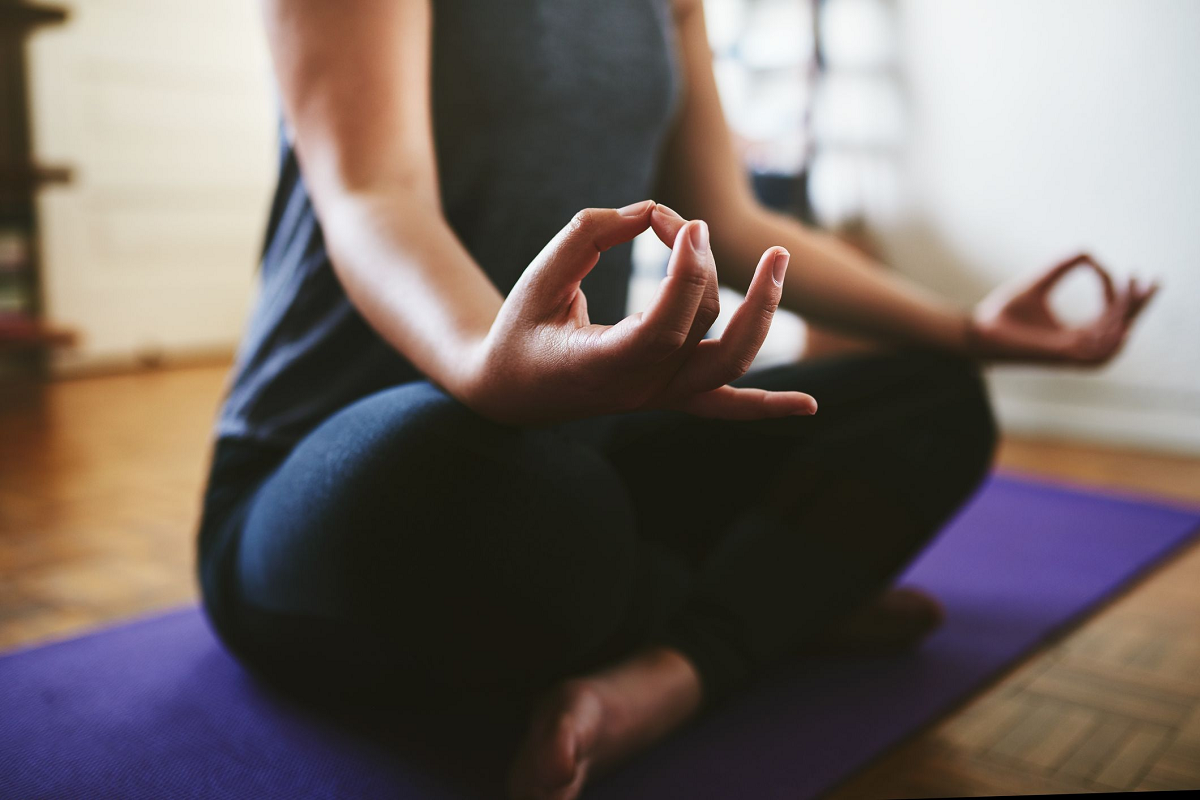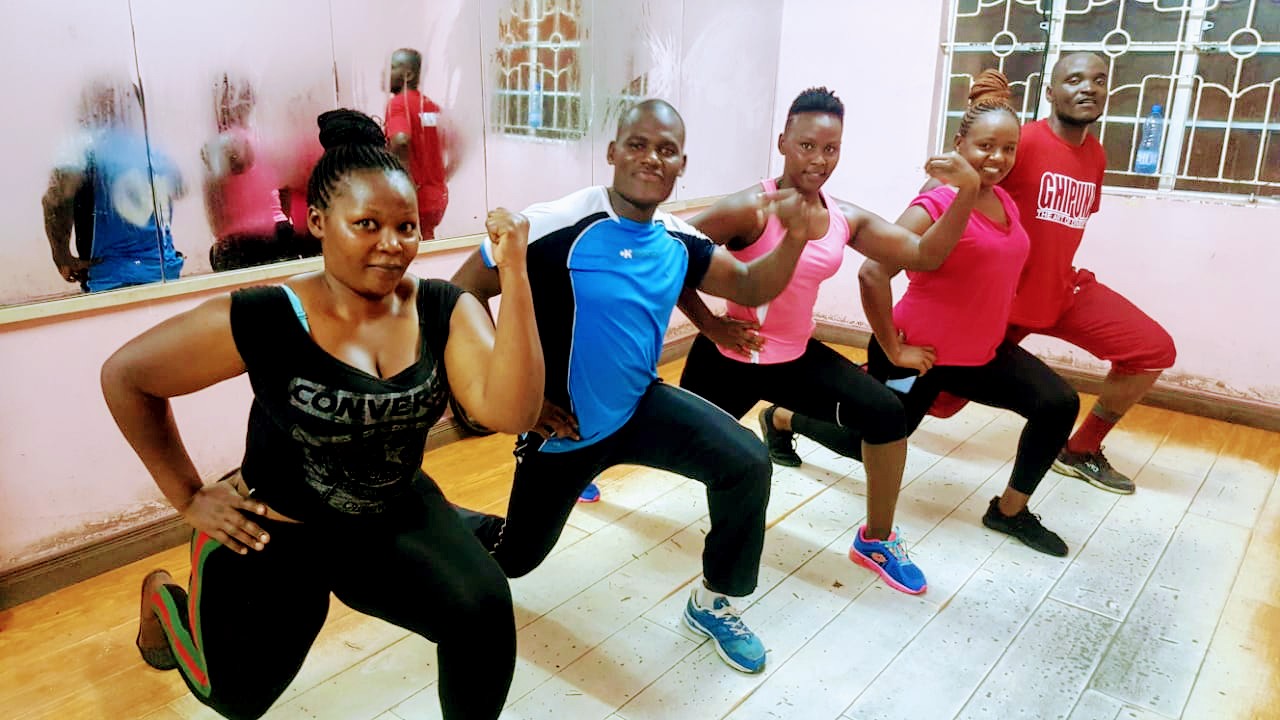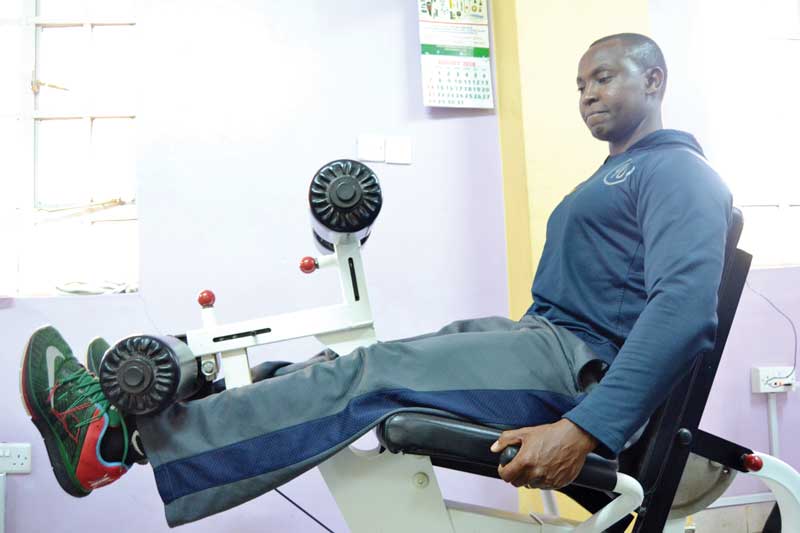Two researches in the journal of Cell Metabolism have revealed that the circadian clock is a key factor in how the body responds to physical exercise.
The circadian clock refers to the physical, mental and behavioural changes that follow a daily cycle.
The researchers studied 12 humans and found out that evening exercise produced higher levels of a metabolite called ZMP (5-aminoimidazole-4-carboxamide ribonucleotide).
The participants in the study had lower oxygen consumption while exercising in the evening compared with the morning; this translated to better exercise efficiency.
“It’s quite well known that almost every aspect of our physiology and metabolism is dictated by the circadian clock,” says Gad Asher of the Department of Biomolecular Sciences at the Weizmann Institute of Science, who is senior author of one of the studies.
“This is true not only in humans but in every organism that is sensitive to light. We decided to ask whether there is a connection between the time of day and exercise performance,” he adds.
[Read: 5 Simple physical exercises to ease depression ]
“Circadian rhythms dominate everything we do,” adds Paolo Sassone-Corsi of the Center for Epigenetics and Metabolism at the University of California, Irvine, who is senior author of the other paper.
“Previous studies from our lab have suggested that at least 50% of our metabolism is circadian, and 50% of the metabolites in our body oscillate based on the circadian cycle. It makes sense that exercise would be one of the things that’s impacted,” notes Paolo.
The researchers however, noted that even though circadian clocks have been conserved throughout evolution, translating the findings to humans is not so straightforward.
[See also: Regular aerobic exercise improves thinking skills ]
In the other research, exercising seemed to have the most beneficial impact on the metabolism at the beginning of the active phase phase (equivalent to late morning in humans) compared with the resting phase (evening).
“You may be a morning person, or you may be a night person, and those things have to be taken into account,” Sassone-Corsi says.













1 Comment